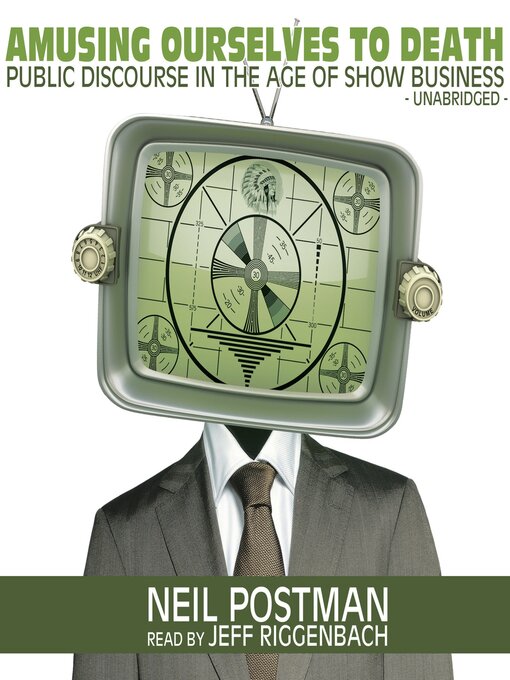1. My name is Joseph Gaynor, but everyone calls me Joe. I am a Marketing Management major at
Champlain College. The biggest reason why i came up here was to be closer to the snowboard industry. This summer i was lucky enough to intern at
Rome Snowboards and got to learn about how the industry works. While doing the intern i was put in charge of this project called
Shop Profiles.
Shop Profiles was to call up shops all over North America to interview them and gather some pictures, it was later posted on their
site. I recently have been getting in to
video editing again and was able to create this
new edit a few days ago, which is posted below this. I also am in charge of the
Ski and Ride Club at
Champlain College. We have recently created a
Twitter and a
Blog for the club. I'm new to this whole Blog thing but i think I'm getting a handle of it.
3.I have already been familiar with the four tool set in an earlier class with Dr.W. Since that first class i always have been thinking of them when i watch any TV or see any type of advertisement. It really makes you think about how people are trying to get in your head to sell their goods or services. It helps now tht I'm aware of what they are trying to do so i can try to avoid being sucked in by the media.
4.After reading Feed and my preconceived notions about media, Will media turn out for the better of mankind or make us in to mindless drones.
Part 2 coming soon..
